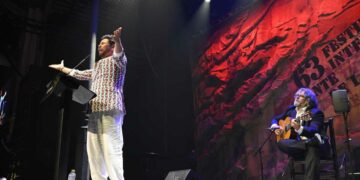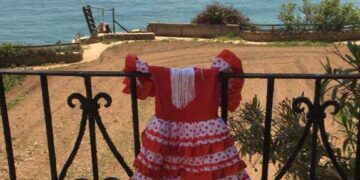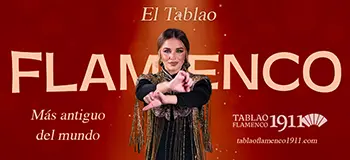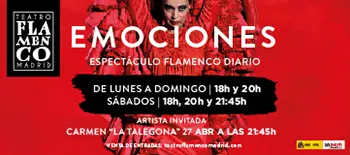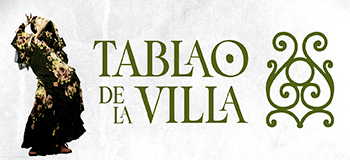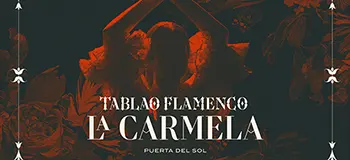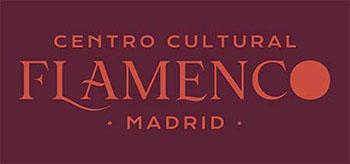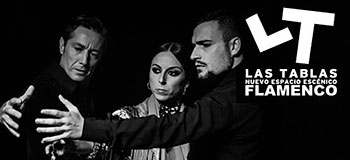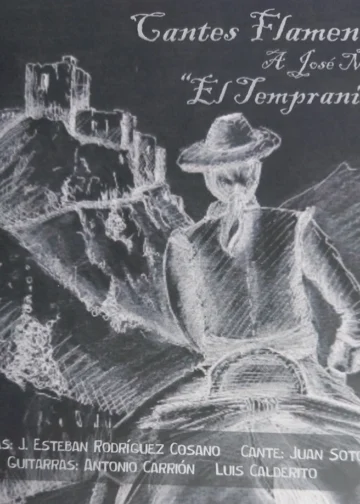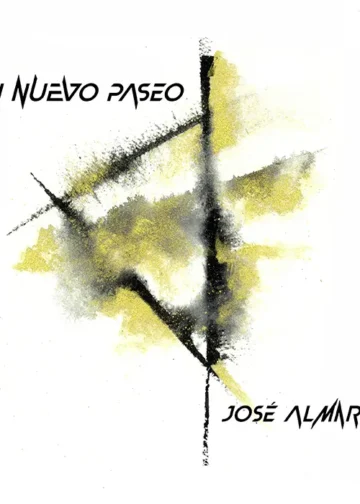|
‘TÓRTOLA VALENCIA’ |
||||||
|
SPECIAL BIENAL DE FLAMENCO DE SEVILLA 2008 Text: Estela Zatania Dance: Isabel Bayón. Special guest artist: Matilde Coral. Actor: Juanfra Juárez. Cante: Miguel Ortega, El Pulga, Moi de Morón. Guitar: Jesús Torres, Paco Arriaga. Percussion: El Pájaro. Viola: Rafa el Viola. Director: Pepa Gamboa. Playwrite: Antonio Álamo. Choreography: Isabel Bayón. Music: Jesús Torres, Paco Arriaga. Musical script: Isabel Bayón, Pepa Gamboa. Staging: Antonio Marín. It’s always painful to sit through a failed work, but when we’re talking about a show that is conceived, mounted and presented with the greatest care, not to mention great public expense far beyond what a conventional flamenco dance program would cost, it’s all the more difficult.
In any genre, an artist with intense inner life who manages to communicate with audiences, is probably the most valued (Carmen Amaya is a perfect example). Then there are the superficial artists who manage to sell themselves well and communicate via sheer charisma, although it’s another level (no need to name names, but examples are plentiful). Isabel Bayón is a third variety: profound and internalized, but lacking the gift of communication, and so as not to incur the wrath of her many admirers, the disclaimer is that this is an absolutely personal opinion. Bayón is a dancer who has some beautiful moves, and technique that borders on perfection, but the direct line to goosebumps is permanently out of order. Sometimes I think that with so many artists of the current generation who are technical whizzes but maestros of mediocrity, many flamenco fans almost unconsciously lower their standards and accept the merely beautiful as an artistic end in itself. But when Miguel Poveda makes a surprise landing on stage about half-way through the show, it’s like a double espresso first thing in the morning, and in a split second you remember why you surrendered your life to flamenco in the first place. It was also inevitable that veteran dancer Matilde Coral’s cameo appearance would eclipse her student with just a few twirls of the shawl. The work itself seems flawed in its basic concept. It’s based on the life and work of Tórtola Valencia, a dancer who was representative of a popular movement that reached its peak between the world wars, and had its spiritual center in Paris. Women like Josephine Baker, Yolanda Montez and Ruth St. Denis became idols of their generation with a kind of provocative fantasy dance with undefined exotic references. Tórtola Valencia was a part of this movement, and I’ll be a monkey’s uncle if I can figure out what she has to do with flamenco, aside from having been Spanish and a dancer, nor how a discreet dancer like Bayón could be chosen to represent such an extravagant personality as this flashy showgirl.
The final blow was dealt by an overdose of film with old images that keep you from even noticing the instrumental solos that accompany them, not to mention the skimpy illumination that shrouds tangos, guajiras, farruca, soleá…everything, in depressing darkness. Projected images of politicians, monarchs, cadavers, the dearth of cante…all this, and Matilde Coral to remind us it’s not the same to say a lot with little, as to simply say little. Nevertheless, this work supplied the best candidate yet for the giraldillo for “Magic Moment” of the 2008 Bienal: when Miguel Poveda sings soleá for doña Matilde’s dance, we all make a mental click on “record”, because it’s an extraordinary scene that is not likely to be repeated.
|
||||||



 XV BIENAL DE FLAMENCO DE SEVILLA
XV BIENAL DE FLAMENCO DE SEVILLA






